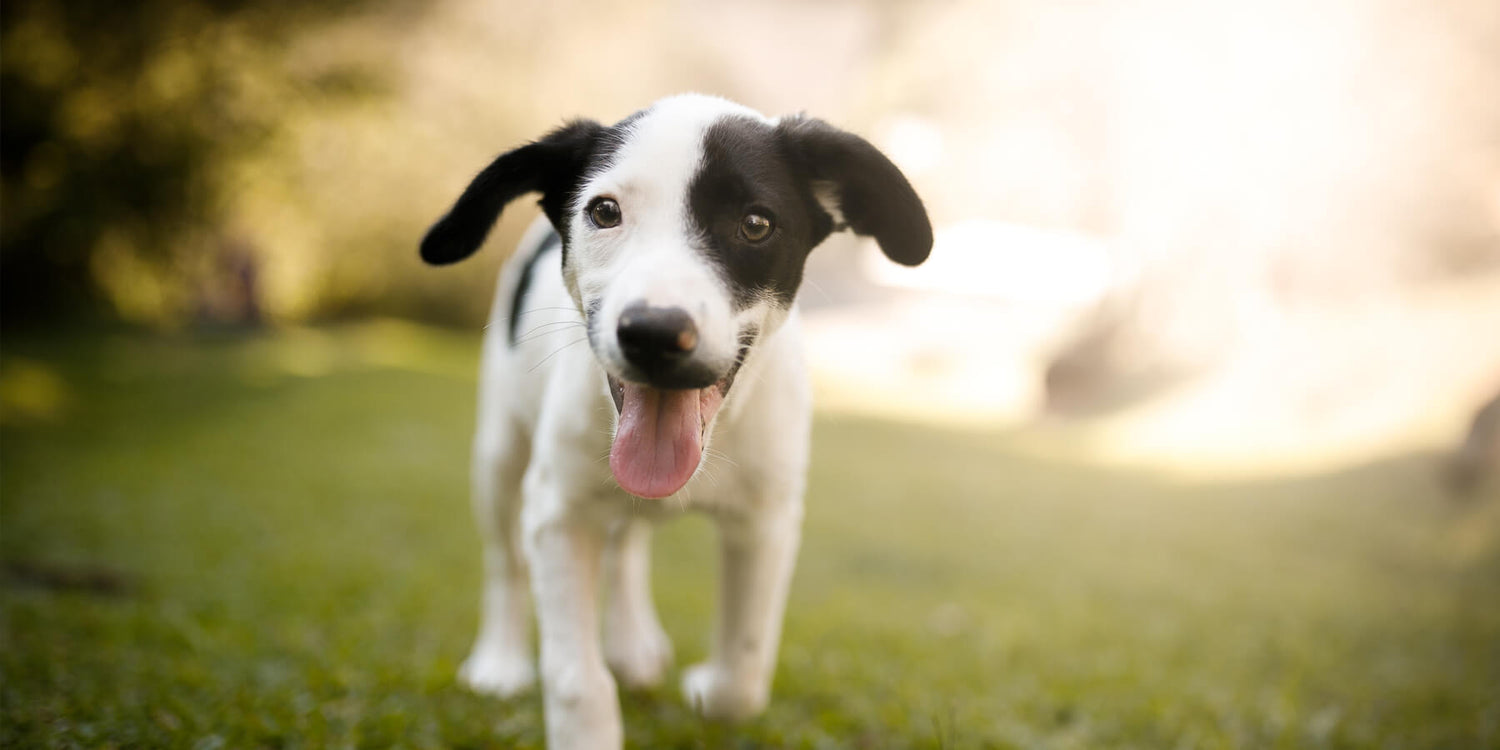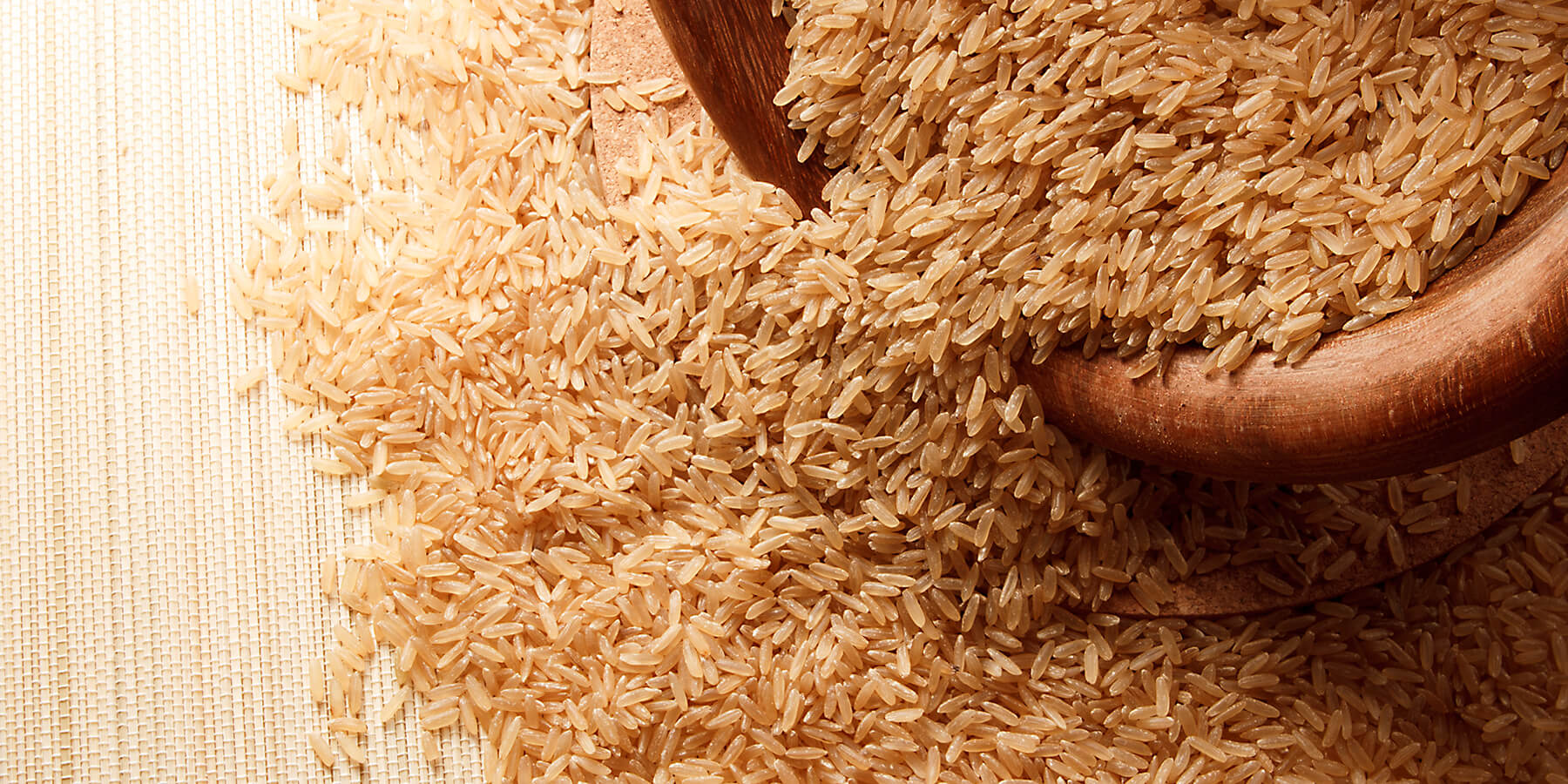Getting a new puppy is one of the most exciting events you will experience as a pet parent.
Your new little bundle of energy will bring a lot of love and laughter to you and your family. Make sure you have prepared your house, and yourselves for your pup’s arrival with these tips.
HOUSEHOLD PREPARATION
- Familiarise yourself with common toxins around the home and garden and keep these well out of reach.
- Keep puppy in a small area of the house, consider a playpen or crate training to assist with toilet training. Use baby gates to keep puppy away from no-go-zones.
- Bedding – a soft, snuggly bed is often best for puppies.
HEALTH INSURANCE
- Sign up your puppy for pet health insurance as soon as you get him/her
VISITING THE VET
- All puppies, whether from a rescue or a breeder will need to be microchipped. Make sure you register them with your local council.
- Puppies need a course of vaccinations that your vet will discuss with you. They should not be allowed outside in public areas until the vaccines take effect. Your vet will advise when it is safe to do so.
- Speak to your vet about the most suitable flea, worming, tick and heartworm control.
- Desexing will be completed at 6 months of age.
DIET
- Puppies need to be fed a complete and balanced puppy food until they have stopped growing – this is anywhere from 12-24 months depending on the breed. Keep the diet very simple in young puppies to avoid digestive upset.
AT HOME
- Toilet training takes time, patience and consistency. Reward your dog when they toilet in the correct place, ignore it when they don’t. Pee mats can be very helpful for the first few months, and they can be used long term for dogs in apartments. Consider pet loos with real or artificial grass if access to outside is difficult e.g. apartment living. Use specific urine-neutralising cleaners to clean up accidents. Most puppies are usually toilet trained by 6-12 months of age.
- Grooming – all dogs should be brushed regularly. Some dogs need more frequent brushing and trips to the groomer. Wash no more than every 4-6 weeks, unless they are dirty and a good brush doesn’t help.
- Obedience training – start with simple commands like ‘sit’, ‘down’, ‘stay’ and use small, easy to digest treats as a reward for the correct behaviour. Rewards must be given instantly to encourage learning. Training sessions should be 5 minutes at a time, ideally 3 times per day.
- When you leave your dog alone, ensure they are well-exercised and provide them with boredom busters to keep them occupied. Food-dispensing toys or a snuffle mat can easily entertain dogs. Treasure hunts – treats hidden in carboard boxes, open water bottles and around the home can keep them occupied. Keep them in a confined area of the home when you leave the house, with access to a toilet area, sleeping area, suitable toys, food and water.
- Sleep is essential for puppies. They can sleep up to 18-20 hours per day. Ensure that they are getting adequate undisturbed sleep when they need to – playpens and crates are useful for this.
OUT & ABOUT
- Socialisation from a young age is very important. Make their interactions with other animals, people, their environment and household activities as positive as possible.
- Daily exercise is important, but puppies cannot exercise in public spaces until after their vaccination course. Once able to exercise in public places, walks on a lead are a great place to start. Short intervals are better than long sessions for young puppies. We recommend avoiding the off-lead park until your dog is able to successfully come back when called. You can practise this using a long lead and treats when they return to you. Avoid over-exercising them as this can put extra strain on the body of a growing puppy. Exercise at home is achievable with toys and games.
Enjoy your time with your new puppy!


